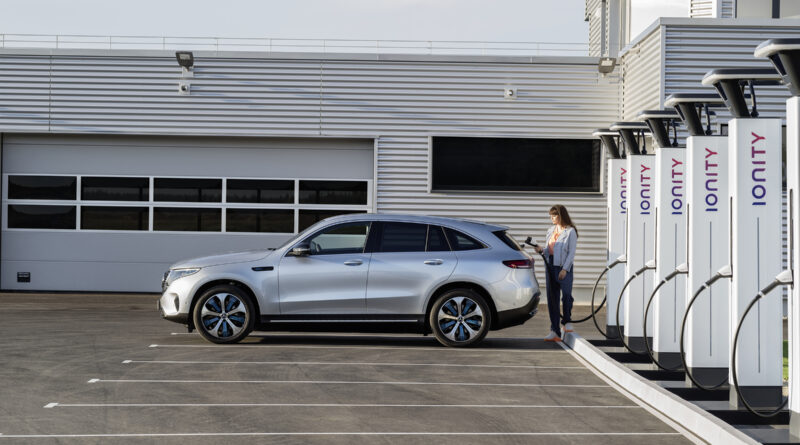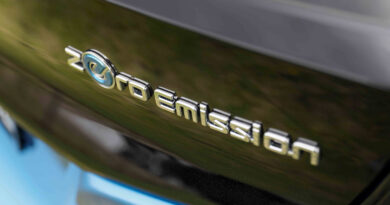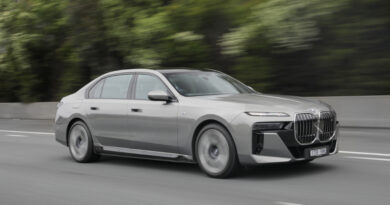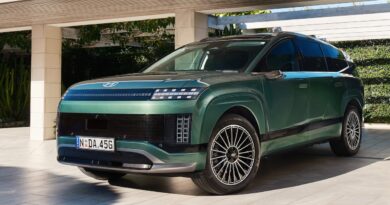Tesla 1st, daylight 2nd: Best-selling EVs in Australia in 2020
Sales of battery electric vehicles set a new sales record in 2020, with the Federal Chamber of Automotive Industries reporting 1769 were sold during the year.
That represents an impressive 16 percent increase over 2019, although in raw numbers it’s just 246 additional electric vehicles over an entire year.
Those figures don’t include Tesla, which doesn’t report its sales figures for individual countries, only for the world.
Tesla’s recent profit announcement confirmed the company produced 509,737 cars in 2020 and delivered 499,647 to customers (Tesla originally estimated 499,550 cars but said the exact figure could vary slightly).
Sources suggest some 3500 Teslas were sold in Australia in 2020, slightly less than in 2019 (3769, according to Australia’s Electric Vehicle Council).
If those figures are correct it means Australians bought slightly fewer electric cars in 2020 (5269) than they did in 2019 (5292) – by just 23 cars.
However, that needs to be put against the backdrop of a Covid-affected market that experienced a new car sales dive of 14 percent for the year.
It also means EVs grew their market share by all but matching 2019’s sales, meaning electric cars continue to grow in popularity.
Keep in mind those figures don’t include plug-in hybrid electric vehicles (PHEVs), 2020 sales of which we reported earlier including a list of the top 10 PHEV sellers.
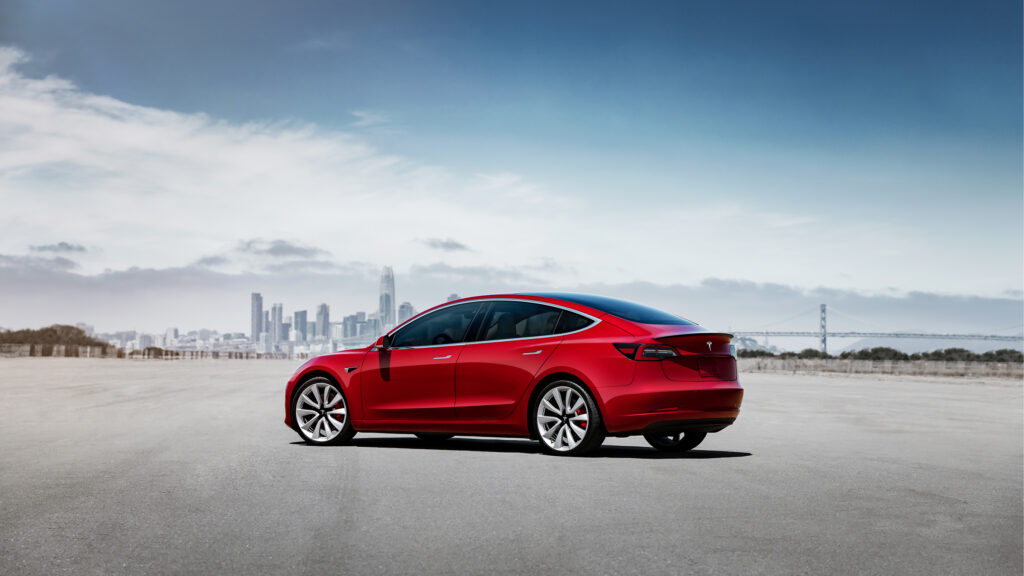
And we’ve done the breakdown to see which models are hot and which are not so.
First, back to Tesla…
Remember, 2019 was the year the volume-selling Model 3 went on sale and experienced a sales surge early in its model cycle, but 2020 was the first year it was available for the whole year.
To put those Tesla figures in perspective, Mini as a brand last year sold 3105 cars in Australia and Porsche 4243.
Best estimates are that some 90 percent of those Teslas are the Model 3, accounting for around 3150 sales in Australia in 2020 and easily making the Model 3 the top selling EV in the country.
It also makes it close in sales to its logical ICE rivals, including the BMW 3-Series (3406 sales) and Mercedes-Benz C-Class (3378).
And it puts the Model 3 miles ahead of other competitors such as the Audi A4 (783), Lexus IS (703) and Jaguar XE (196).
Assuming Model 3s accounted for the bulk of Tesla sales it means around 350 Tesla sales were for the Model 3 were for the more expensive Model S and Model X.
For simplicity with these figures we’ve split those sales between the two models down the middle – 175 each – although you can pretty much guarantee that wasn’t the case. Again, we simply don’t have visibility on the numbers.
Now, onto the best of the rest and it’s Hyundai’s Kona Electric that comes up trumps.
But with just 488 sales for the year it falls way short of the more expensive Tesla.
Then there’s the Nissan Leaf (370) and EV version of the Hyundai Ioniq (344), a car also available with hybrid and plug-in power.
The Mercedes-Benz EQC attracted 194 buyers, which likely put it ahead of the Tesla Model S and Model X.
And its closest rival, the Audi e-Tron is fast catching. While just 64 e-Trons were sold in 2020, it was only on sale for the last four months of the year.
Don’t get too excited by the 77 Renault Zoe sales. In announcing it was dropping the Zoe for Australia Renault offloaded 77 cars in August, no doubt to clear stock that in some months didn’t register a single sale.
And the recently-arrived MG ZS EV – the most affordable electric car currently on sale in Australia – hadn’t logged any sales for 2020 despite going on sale late in the year.
And here are the rest of the 13 electric vehicles that were available in Australia in 2020:
Top 13 selling EVs in Australia in 2020
| Make and model | 2020 sales |
| Tesla Model 3 | 3150* |
| Hyundai Kona Electric | 488 |
| Nissan Leaf | 370 |
| Hyundai Ioniq Electric | 344 |
| Mercedes-Benz EQC | 194 |
| Tesla Model S | 175* |
| Tesla Model X | 175 |
| Mini Electric | 94 |
| Renault Zoe | 77 |
| Jaguar I-Pace | 70 |
| Audi e-Tron | 64 |
| BMW i3 EV | 54 |
| Renault Kangoo ZE | 14 |
* Assumes a Tesla sales estimate for 2020 of 3500, of which 90 percent are the Model 3

